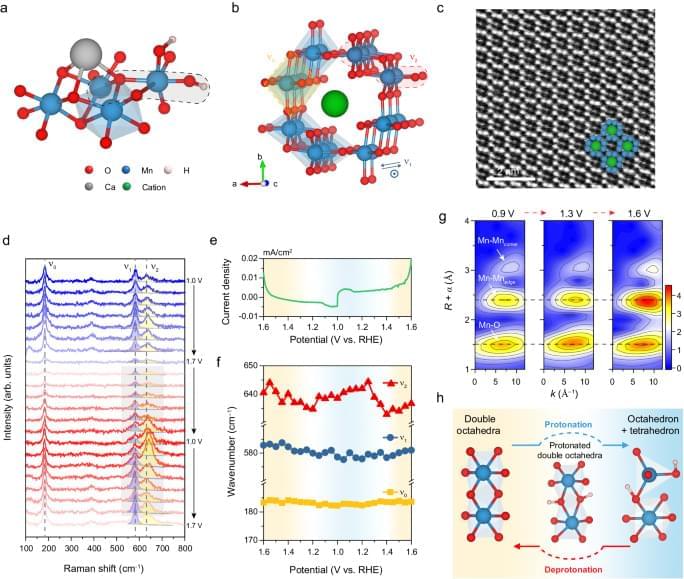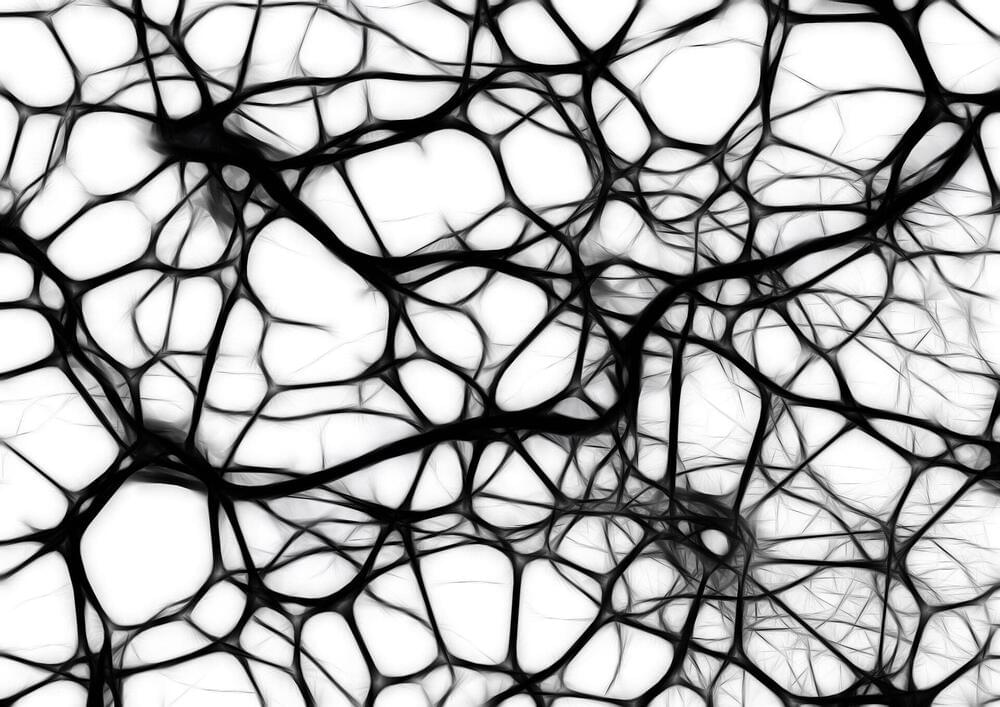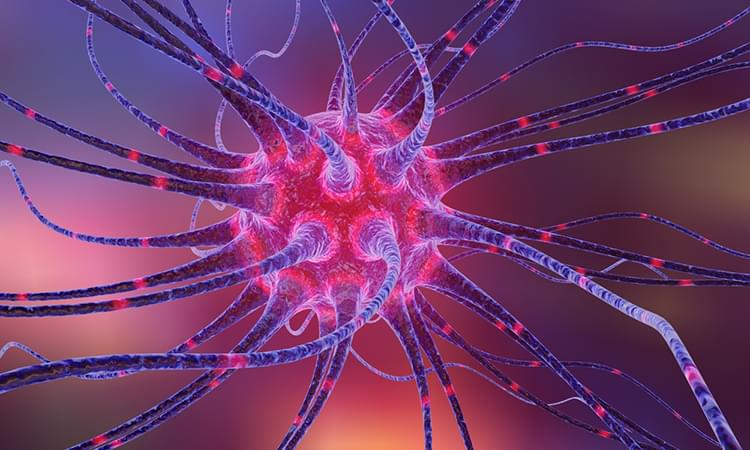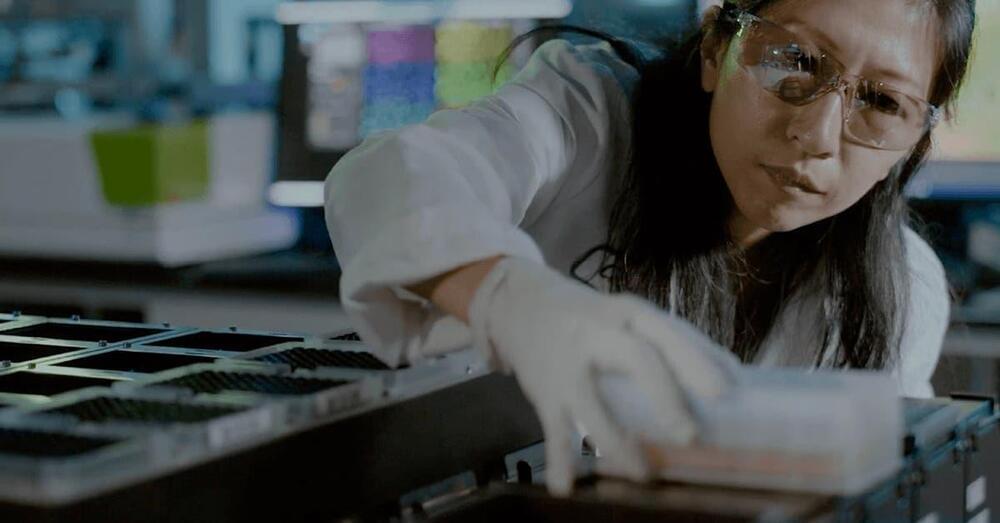Year 2023 face_with_colon_three
Honda is among those expecting big things from a new hyper-precise additive manufacturing process for 3D-printed metal car parts.
Year 2023 face_with_colon_three
Honda is among those expecting big things from a new hyper-precise additive manufacturing process for 3D-printed metal car parts.

Posthuman Psychology is now out in paperback — https://www.amazon.co.uk/Posthuman-Psychology-Historical-Gen…p_swatch_0 — review copies (printed not for resale as in photo) are possible, also quantity discounts — please message me.
Buy Posthuman Psychology: Part One — Historical, General and Introductory by Nichols, Steve (ISBN: 9798637459223) from Amazon’s Book Store. Everyday low prices and free delivery on eligible orders.

People who have obesity, or are tall with fat accumulation around their middle, are at an increased risk of colorectal cancer, regardless of their ancestry.
Repeated studies have made the link between obesity and height and increased cancer risk, including colorectal cancer. For example, a study published in 2022 showed that people of European ancestry who are tall and centrally obese, as well as people with general obesity, have a higher risk of developing colorectal cancer.


Manganese complexes have long been utilized by nature to catalyze the oxygen evolution reaction (OER) but mirroring their efficiency in artificial electrochemical systems has proven difficult. This study centers on alpha-manganese dioxide (α-MnO2), which closely mimics natural MnIV-O-MnIII-HxO motifs, presenting a novel method for manipulating proton coupling within the OER process using an external electric field.



CRISPR has transformed gene editing, but still presents challenges in hard-to-transfect cells, such as pluripotent stem cells and primary cells.1 The key to obtaining successful transfection in these cells lies in innovative workflows. Here Georges Müller, CEO and cofounder of SEED Biosciences, shares his perspective on why focusing on editing a single cell, rather than bulk cells, is a pivotal strategy to optimise CRISPR delivery.
Delivery of ribonucleoprotein (RNP) into cells is an essential factor for successful CRISPR gene editing. However, this is difficult to guarantee using traditional CRISPR gene editing methods, especially in hard-to-transfect cells. The standard CRISPR technique involves gathering a group of cells and then electroporating them, using short high-voltage pulses to overcome the barrier of their cell membranes. This allows bulk transfection of ribonucleoprotein (RNP) into the cells and then hopefully, nuclear translocation.
In this special episode, we’re joined by Cytosurge CSO Tobias Beyer, Ph.D., and SEED Biosciences CEO and Co-Founder Georges Muller, Ph.D., for an overview of gene editing with Cytosurge’s FluidFM® in combination with DispenCell™ dispensing technologies.
Tobias and Georges explain the FluidFM® technique and how it differs from traditional CRISPR methods along with the advantages the technology has over other methods of gene editing.
For a transcript of this episode, please visit this episode’s page on Buzzsprout.
